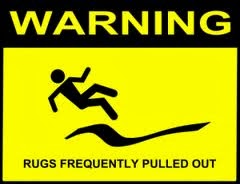
Estoppel Reasonably Could Have Raised During Trial?
The challenge to the IPR estoppel statute in Apple et al., v. California Institute of Technology focused on the statute’s use of “during.” That is, whether “reasonably could have raised” is assessed at the time the petition is drafted, or, during the actual proceeding as stated in the statute.
While the Court passed on the question today, its reasoning could be in conflict with contrary Federal Circuit precedent.Continue Reading SCOTUS Passes on Scope of IPR Estoppel – Joinder Scope Remains Uncertain